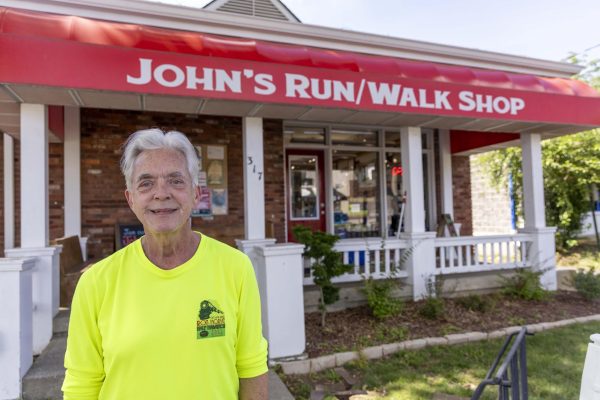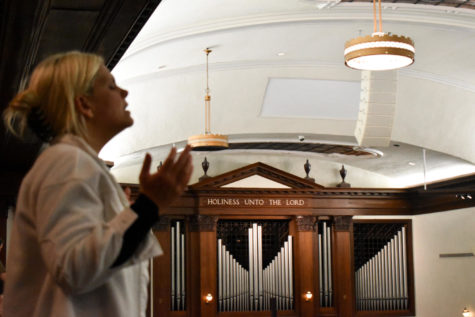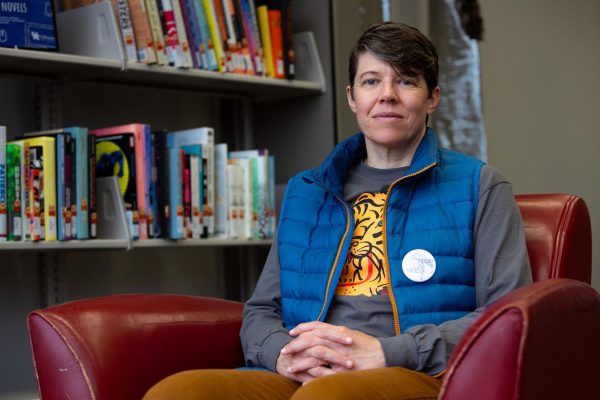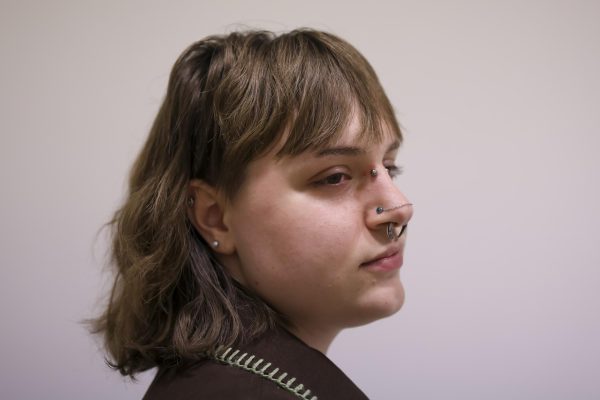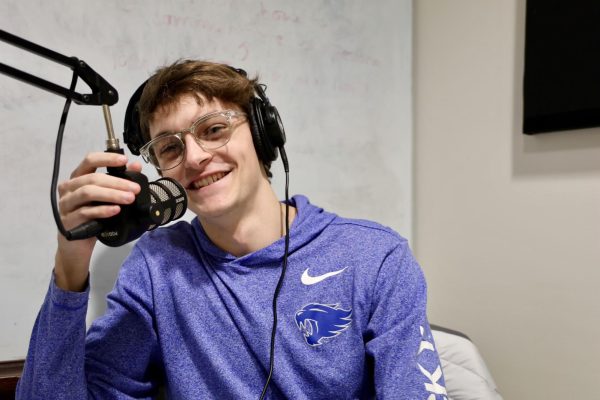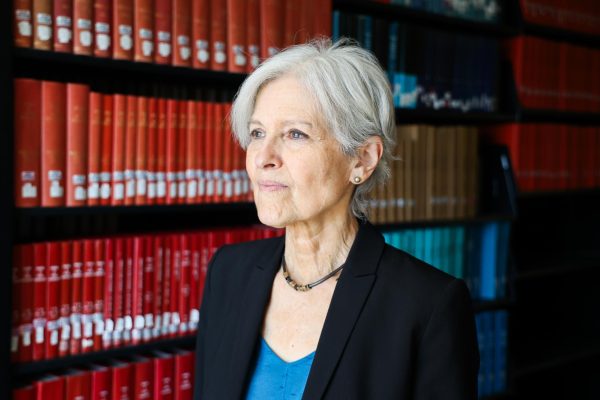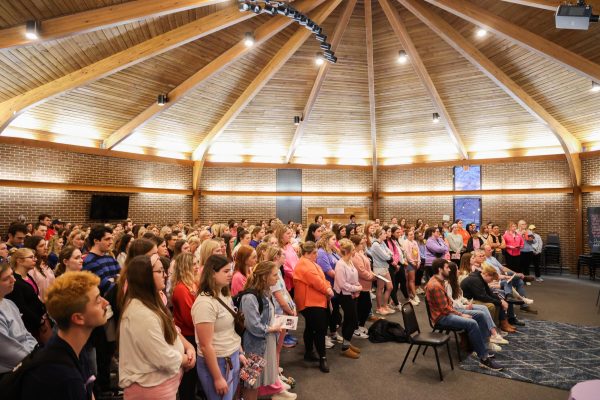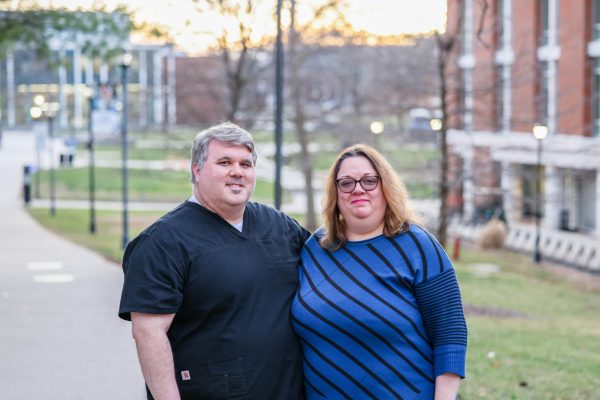Students reflect on low voter turnout among youth
March 31, 2016
As Kentucky nears the Democratic primaries, the topic of politics has become more and more prevalent on campus. While millennials and young people often get accused of being politically inactive, young voters could play a critical role in the upcoming presidential election.
Treyton Blackburn, a political science sophomore, is registered to vote in the May primary.
“In my opinion, voting is the cornerstone of American democracy. I believe it is my civic duty to vote,” Blackburn said. “Does someone have the right to complain if they don’t vote? Yes. Everyone has the right to free expression. That being said, it seems to me that people who don’t vote are not interested in the political process. Therefore, they are complaining just for the sake of complaining.”
Colson Rich, an English junior, said millennial voters are not doing their job.
“It doesn’t seem as though our generation is the most active one because I feel like our voice is not heard in effective ways. I feel that we have opinions, but we don’t actually do anything about those opinions. You don’t have a right (to) state your outrage if you haven’t actively made a choice to fight it in some way, and voting is the best way to do that.”
Rich is a registered voter and voted in the Republican caucuses last month.
The Kentucky Republican caucuses have passed, boasting a record voter turnout. With the Democratic primary ahead, social media timelines are becoming filled with political commentary by millennials on both sides.
However, Lauren Lawless, a mathematics and economics junior, said there is a distinct difference between tweeting your opinion and exercising it.
“There’s a huge difference between political activism and having an opinion that you post on Facebook. Do I think that millennials get out to vote? Not really. Do I think that everyone has an opinion that they post on Facebook? Absolutely,” Lawless said.
While Lawless said the gap between political engagement and voter turnout is a growing problem, Blackburn said she thinks this is the beginning of positive change.
Chloe Atwater, a political science junior and member of the Fayette County Young Democrats, has noticed a trend in the age of local political activists.
“It’s often the older crowd coming into the office and doing what they can to help. I think that young people need to be more politically active,” said Atwater said.
Michael Main, a Latin sophomore, is not registered to vote in Kentucky and said he feels the low number of college voters can be attributed to strict and unfair voting laws.
“I, unfortunately, am not able to vote because I am registered in Louisiana, and they have very specific rules about absentee voting that I do not qualify for,” Main said. “I feel that this is the case for many students hoping to vote in the primaries.”
Kelsey Reese, a freshman theater major freshman, holds out hope that political activism and voting among young people is on an upward trend.
“I think millennials have a lot of opinions. I know that millennials care and that we think a lot can be done. However, our first step is getting out to the polls and voting in order to fix our reputation,” Reese said. “Regardless of who gets the nomination I think it is important that my voice is heard. I think voting is the best way for us as citizens to cast our opinions as to what the government is deciding for us.”
While registered Republicans had their opportunity to vote last month, Democratic students have until April 18th to register for the Democratic primary on May 17th.









































































































































